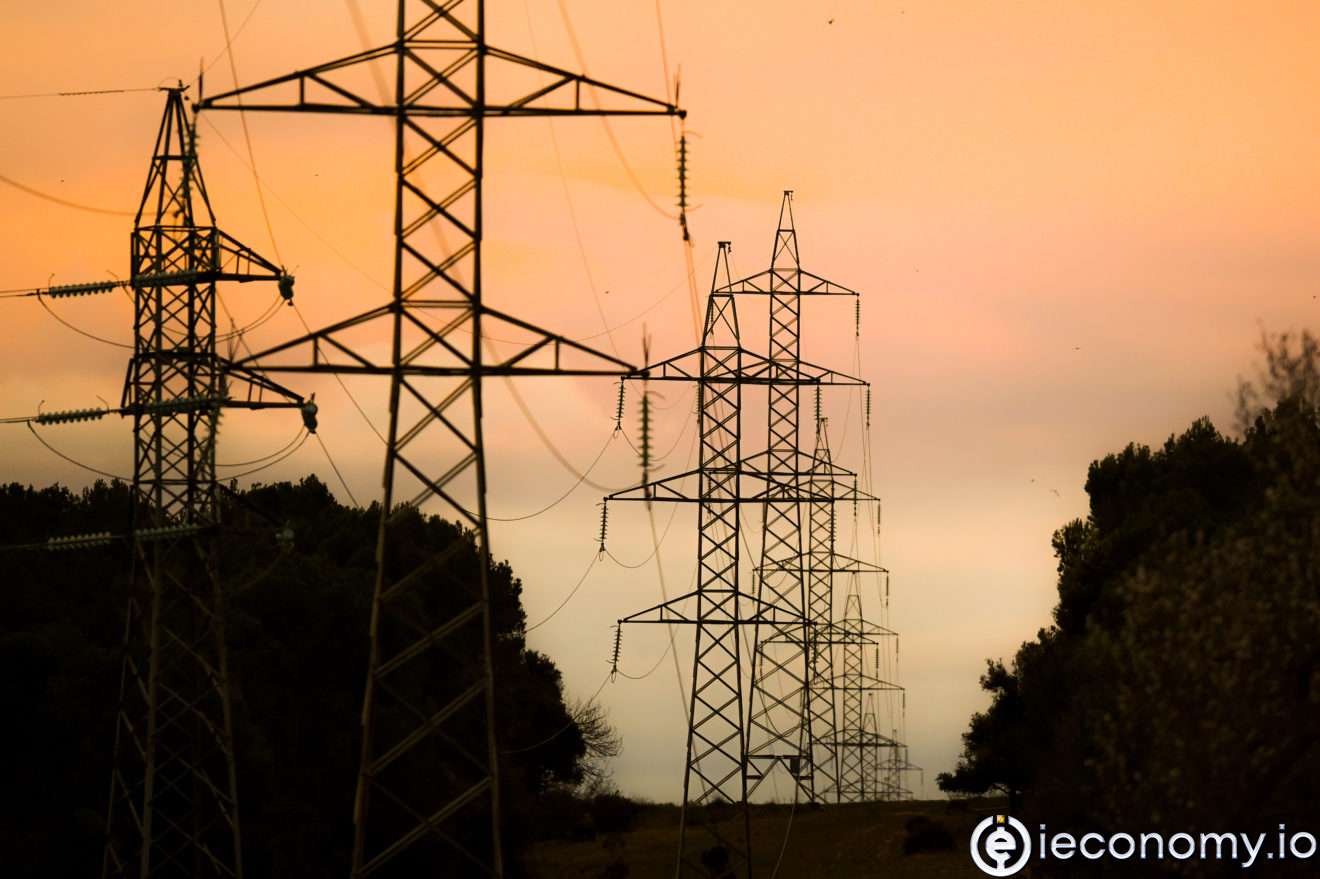8456
0
European countries are trying to mitigate rising energy prices
European countries are trying to mitigate rising energy prices. Price freezing, tax cuts, energy contributions, targeted assistance.

Yazar: Tom Roberts
Yayınlanma: 25 Ekim 2021 03:45
Güncellenme: 2 Mart 2026 20:34
European countries are trying to mitigate rising energy prices
In the face of soaring energy prices, European countries are choosing different ways to mitigate the impact of rising petrol and natural gas prices and, in the case of unregulated prices, electricity on households. Price freezing, tax cuts, energy contributions, targeted assistance. France, for example, announced on Thursday a one-off non-taxable payment of € 100 for people with incomes below € 2,000 a month. The government estimates that 38 million people will receive this money. The cabinet has already announced an extraordinary additional € 100 contribution to six million households due to the cold weather to help them pay for energy supplies. In Britain, the government announced a £ 500 million (€ 592.63 million) fund a few weeks ago to help low-income households with energy bills, especially for heating, as well as food and clothing. In early October, the Belgian government extended fixed energy rates for lower-income households to March, in addition to providing them with an 80-euro subsidy on energy bills. In Poland, the government plans to spend up to 1.1 billion euros next year to help pensioners and large families cope with energy bills. One in five households is entitled to this allowance. In Latvia, approximately 150,000 households are to receive between 15 and 20 euros per month to help with electricity or gas bills. The Estonian government has set aside around € 75 million to reduce electricity bills for all consumers and another € 20 million to help around 72,000 low-income families from September to March. The Lithuanian parliament is expected to approve the government's proposals to spread the rise in gas prices over five years, as well as help 110,000 families with heating bills. France froze gas prices by the end of 2022 and further growth in electricity prices will be limited to 4 percent due to tax cuts.İLGİLİ HABERLER





European stocks soared and focus shifted to German retail sales after Powell's speech!

Forex Signal For TRY/USD: Inflation Slowdown in November.

Forex Signal For GBP/USD: Bullish Trend Still Not Breaking While Recovery Continues.

Forex Signal For EUR/USD: Starry US Data Points to Higher Fed Increases.

Forex Signal For BTC/USD: Downside Continues as Bitcoin Recovery Moves Less.
En Popüler Haberler
Yorum Yap
Yorumlar
Henüz yorum yapan yok! İlk yorumu siz yapın...